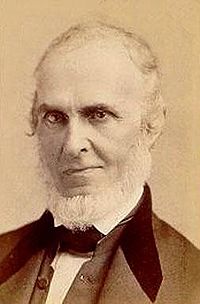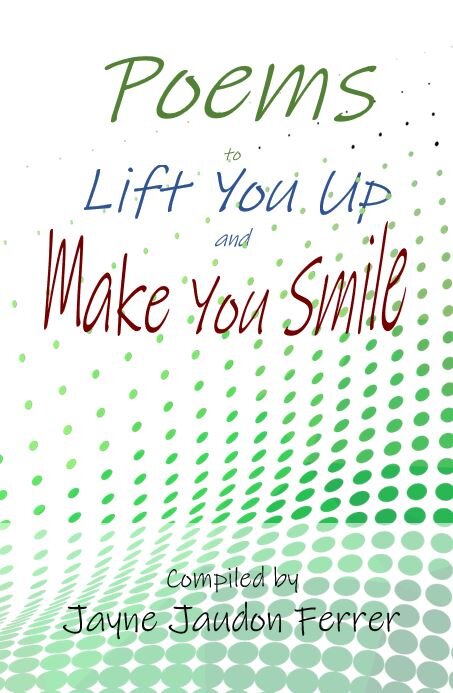| |
|
He comes,—he comes,—the Frost Spirit comes! You may trace his footsteps now
On the naked woods and the blasted fields and the brown hill's withered brow.
He has smitten the leaves of the gray old trees where their pleasant green came forth,
And the winds, which follow wherever he goes, have shaken them down to earth.
He comes,—he comes,—the Frost Spirit comes! from the frozen Labrador,
From the icy bridge of the Northern seas, which the white bear wanders o'er,
Where the fisherman's sail is stiff with ice, and the luckless forms below
In the sunless cold of the lingering night into marble statues grow!
He comes,—he comes,—the Frost Spirit comes! on the rushing Northern blast,
And the dark Norwegian pines have bowed as his fearful breath went past.
With an unscorched wing he has hurried on, where the fires of Hecla glow
On the darkly beautiful sky above and the ancient ice below.
He comes,—he comes,—the Frost Spirit comes! and the quiet lake shall feel
The torpid touch of his glazing breath, and ring to the skater's heel;
And the streams which danced on the broken rocks, or sang to the leaning grass,
Shall bow again to their winter chain, and in mournful silence pass.
He comes,—he comes,—the Frost Spirit comes! Let us meet him as we may,
And turn with the light of the parlor-fire his evil power away;
And gather closer the circle round, when that firelight dances high,
And laugh at the shriek of the baffled Fiend as his sounding wing goes by!
This poem is in the public domain.
|

John Greenleaf Whittier (1807 - 1892) was one of the "Fireside Poets," called such because their work was popular enough to be read (ostensibly by the fire) in homes all over America. And Whittier was one of those rare poets who actually made a rather comfortable living from the proceeds of his work. Born into a Massachusetts farm family, Whittier was introduced to poetry by one of his school teachers. An avid reader and writer early on, Whittier spent much of his working life as an editor, though he had political aspirations as well. He was a staunch abolitionist, and produced two collections of anti-slavery poems, along with an anti-slavery pamphlet that managed to incur the wrath of both sides and effectively ended any hopes Whittier had of a political career. Critical opinion on the value of Whittier's poetry is mixed. Some dismiss it as overly emotional, while others believe the heartfelt simplicity is precisely its appeal.
 Buy on Amazon Buy on Amazon Buy on Amazon Buy on Amazon Buy on Amazon Buy on Amazon Buy on Amazon Buy on Amazon
|
|
wordartdjc:
Well, Having been 'snowed in' four long days, this comes as a sort of explanation
of what it felt ike all those years past.
History repeats even in our 'modern life.
Posted 12/12/2018 05:57 PM
|
KevinArnold:
Another great find from deep in the stacks.
Posted 12/12/2018 09:35 AM
|
cork:
There is no shelf-life for poetry.
Posted 12/12/2018 08:32 AM
|
paradea:
Love the rhythm of this poem and the 'spooky' descriptions.
Posted 12/12/2018 08:26 AM
|
Larry Schug:
Indeed, a poem for fireside readers, for those driving in the snow on the morning commute--not so much. If only we could be attuned to nature and live within its beauty.
Posted 12/12/2018 06:40 AM
|
|
|
|








